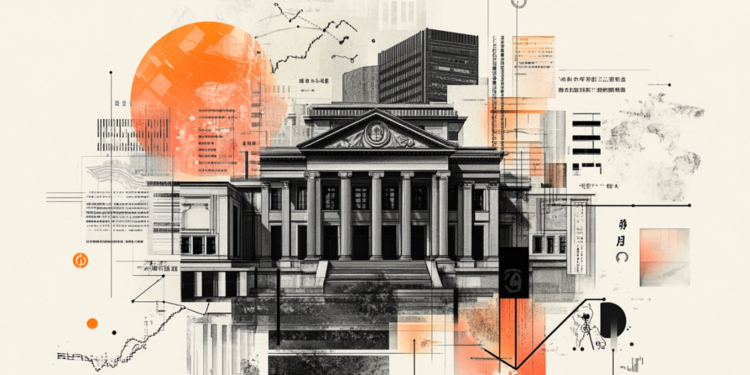Companies raised BRL 233 billion in the Brazilian capital market in the first half of 2022, down 12.1% compared to the same period in 2021, according to figures from the Brazilian Association of Financial and Capital Market Entities (Anbima ) released this Thursday (7).
Fixed income issues were the highlight, with a growth of 25%, in offerings that totaled R$ 202 billion, while those of shares plummeted 75%, here still not including the data of the Eletrobras offering, of R$ 33.7 billion .
Within fixed income, the highlight was debentures, with an increase of 35% in funding, for a volume of R$ 133.8 billion. The average term of the papers was 6 years and the electric energy sector was the most active, responsible for issues of R$ 33 billion. In all, there were 225 issues in the first half, of which 49 were over R$ 1 billion.
Incentive debentures, geared towards infrastructure and with longer terms, totaled R$ 19.6 billion, in 47 offers. Individuals bought more debentures in the first half, keeping 28.9% of the funds. Banks coordinating the offers and other intermediaries took 32% and investment funds with 31%.
Among other instruments, receivables funds fell by 43.5% and real estate funds had 66.7% lower funding. The Certificates of Real Estate Receivables (CRI) increased 13%, while the offers of Certificates of Agricultural Receivables advanced 54%.
“We had a small retraction in the volume of the domestic capital market”, said the vice-president of Anbima, José Eduardo Laloni, in an interview with the press.
“In variable income, the whole world has suffered, with the issuance of new shares on hold.” Already the offerings of shares of companies already listed (follow-on), said Laloni, have come out.
Withdrawals from equity funds and the weak performance of the shares of companies that are new to B3 ended up making new IPOs difficult, said the executive.
Greater market volatility and greater risk aversion, in Brazil and worldwide, amid rising inflation and interest rates are affecting investor allocation, said Cristiano Cury, deputy coordinator of the Association’s Fixed Income Commission.
The natural reflex is the search for fixed-income securities, with a more conservative profile. “The capital market reflects a lot what happens with the fund industry”, added Cury.
Source: CNN Brasil
I am Sophia william, author of World Stock Market. I have a degree in journalism from the University of Missouri and I have worked as a reporter for several news websites. I have a passion for writing and informing people about the latest news and events happening in the world. I strive to be accurate and unbiased in my reporting, and I hope to provide readers with valuable information that they can use to make informed decisions.







